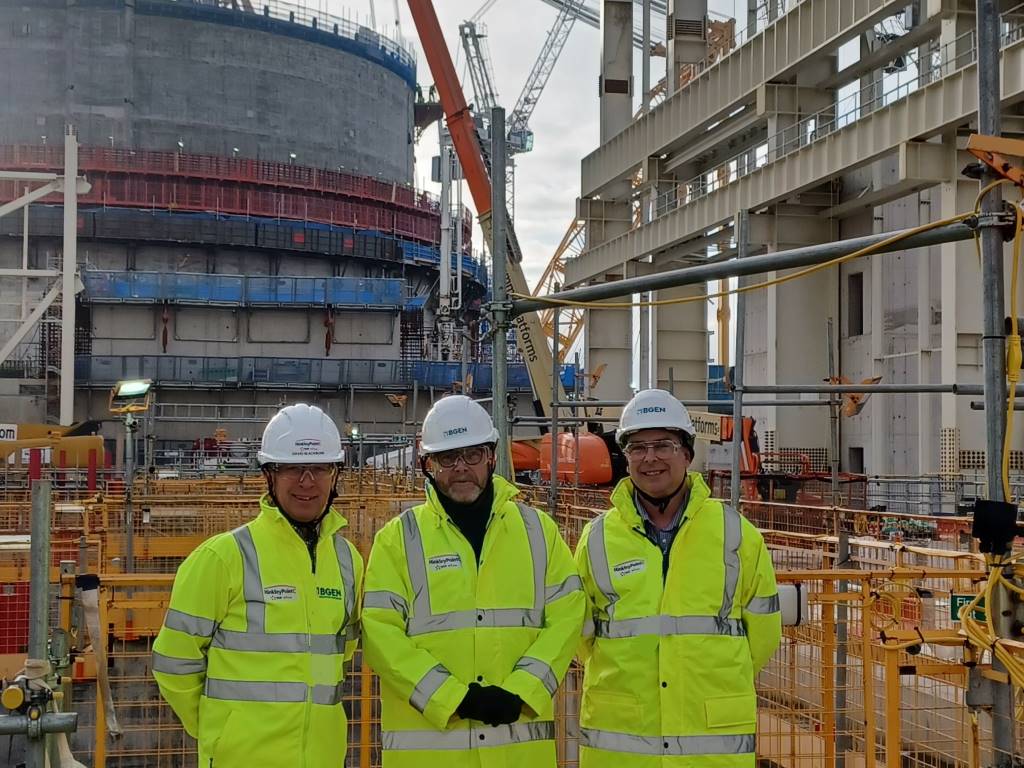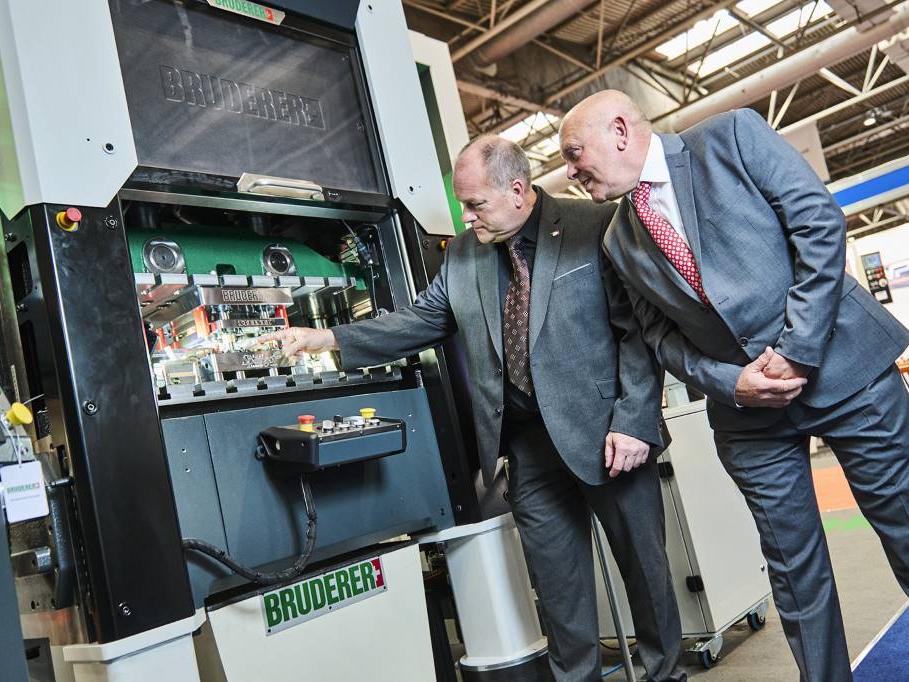Recruitment on the rise as oil and gas optimism grows

Workforce recruitment is on the rise among oil and gas contractors in the UK Continental Shelf (UKCS) as business confidence reaches its highest level since 2013, according to an industry report released today (Wednesday, November 28th).
The findings of the 29th Oil and Gas survey, conducted by Aberdeen & Grampian Chamber of Commerce in partnership with the Fraser of Allander Institute and KPMG, reveal that 21% of firms have increased their total UK-based workforce by more than 10% in the last 12 months, with 33% anticipating this trend will continue in 2019.
Looking further ahead, 34% of firms expect their headcount for contract staff to rise over the next three years. Almost two thirds (65%) of firms expect the level of core staff to increase and only 5% expect a fall over the same period.
Indeed the survey shows growing business confidence across the board with 63% of contractors more confident about their current UKCS activities compared to the previous survey, the highest level since 2013. The industry appears to be setting its sights on growth opportunities with 58% of firms forecasting an increase in profits in 2018 and a net balance of 50% of firms anticipating an increase in the value of production-related activities.
The trend in the value of UKCS exploration-related work amongst contractors had been negative since 2014, dipping to its lowest point in 2016. Since then it has eased steadily though remained negative until Survey 28 in April this year where it rose to a net balance of 3%. This has now risen further to a net balance of 11%, with expectations the positive momentum will continue with a net balance of 28% forecasting a rise in value in the year ahead.
The results do show however that contractors are still not working at full capacity, with 44% at or above optimum levels. While this is the highest figure since 2014, there is still some way to go to get back to peak levels of utilisation – 79% in the spring of 2013.
Looking ahead
The survey looked at work in the six months to October 2018, asking firms about their prospects in the year ahead as well as the next three to five years in order to assess trends in exploration and production, decommissioning and other related oil and gas extraction activities both in the UK and international markets. The autumn survey also asks firms what has happened and what they expect to happen to their UK-based workforce.
Companies report a sharp rise in the number of staff moving from contractors to other oil-related companies, up from 27% in 2017 to 47%; while retirement was reported as a reason for loss of staff by 36% of firms, up 32% from 2017, suggesting the demographics still have the potential to be a significant challenge in the years ahead.
Looking at skills requirements, 44% of respondents identified at least one discipline in short supply, with a significant number pinpointing a lack of engineers. Firms also reported a lack of suitable technical staff and those with IT experience, particularly programmers and software engineers; with a number further noting problems attracting sales and management staff.
Moray Barber, partner at KPMG, said: “Despite a recent reduction in the oil price, the relative stability of recent months is driving a more positive sentiment, and it’s hugely positive to see business confidence amongst contractors improve further on the already high levels witnessed over the past two years, and that optimism for the future outlook of the sector is high.
“The price of oil is driving a more positive sentiment across the industry, but the survey does highlight the importance of retaining our best people and ensuring that the next generation of talent has the right type of skills for the coming energy transition. We need to be asking where the next generation of talent is going to come from, what skills do they really need, and what are we doing in industry and academia to ensure we have enough people to help sustain that headcount growth?”
He continues: “Overall, this survey tells us that change is afoot and the direction of travel is positive, but there continue to be potential traps along the way, not least the impact of Brexit, a potential impending skills gap and environmental and climate change risk. We believe the industry is alive to these challenges as we are seeing our clients develop growth strategies and scenario planning to deal with the risks these present, as well as driving forward their technology and innovation agenda to become disruptors in their own right.”
Divided on Brexit
Salaries in the sector are also recovering. The proportion of firms reporting that they have reduced pay rates fell once again; in the 2016 survey 43% of firms reported reducing salaries, falling to 15% in 2017 and now just 5% in 2018. The share of firms reporting that they had increased pay during this last survey period rose from 16% in 2017 to 38%.
Russell Borthwick, chief executive of Aberdeen & Grampian Chamber of Commerce, said: “The recovery of the oil and gas sector has been slow and steady since the low points of 2015/16 however a level of uncertainty does remain. We are all watching and trying to understand the implications of political declarations relating to the UK’s divorce from the EU.
“Interestingly the views of firms in the sector on Brexit have remained relatively unchanged since we first asked them to predict the impact of the vote in 2016. This survey again demonstrates a clear divide in opinion with half of firms anticipating this will have no effect on business activity in the UKCS, while 45% are predicting a negative impact.
“Contractor optimism not only remains high for UKCS operations but is continuing to grow for international markets too, where we are now seeing the highest figure since autumn 2006. It is vital however, if we are to achieve the ambition of creating a world class all-energy hub here beyond the operational phase of the UKCS, that supply chain companies continue to think about internationalising rather than simply re-filling order books with emerging contracts on their own doorstep.”
The Aberdeen & Grampian Chamber of Commerce Oil and Gas Survey is independently conducted by the Fraser of Allander Institute. Established in 2004 and the longest-running report of its kind in the UK, the 29th survey was conducted in October 2018 and represents the views of 115 firms employing 41,800 people across the UK.
KPMG LLP, a UK limited liability partnership, operates from 22 offices across the UK with approximately 14,500 partners and staff. It is a global network of professional firms providing audit, tax, and advisory services.
Aberdeen & Grampian Chamber of Commerce www.agcc.co.uk
KPMG https://home.kpmg.com/uk/en/home.html














